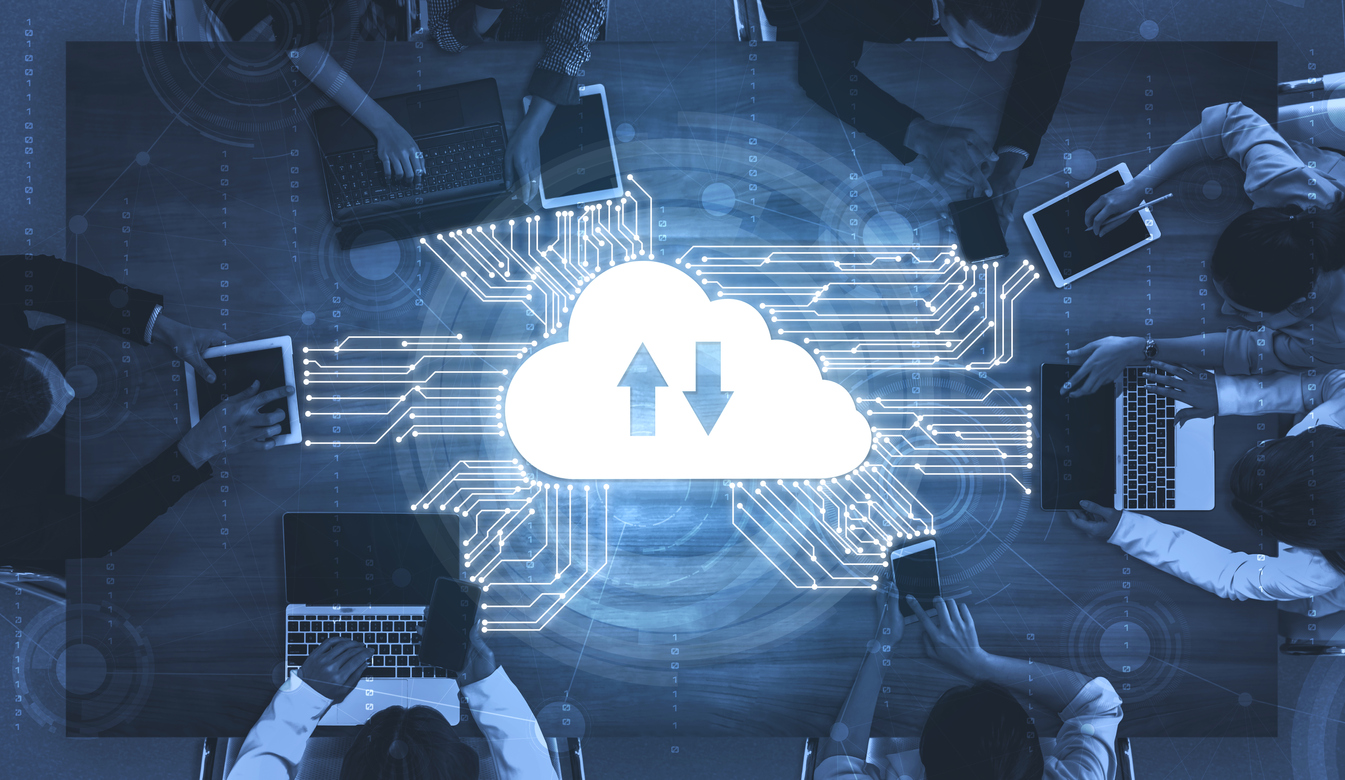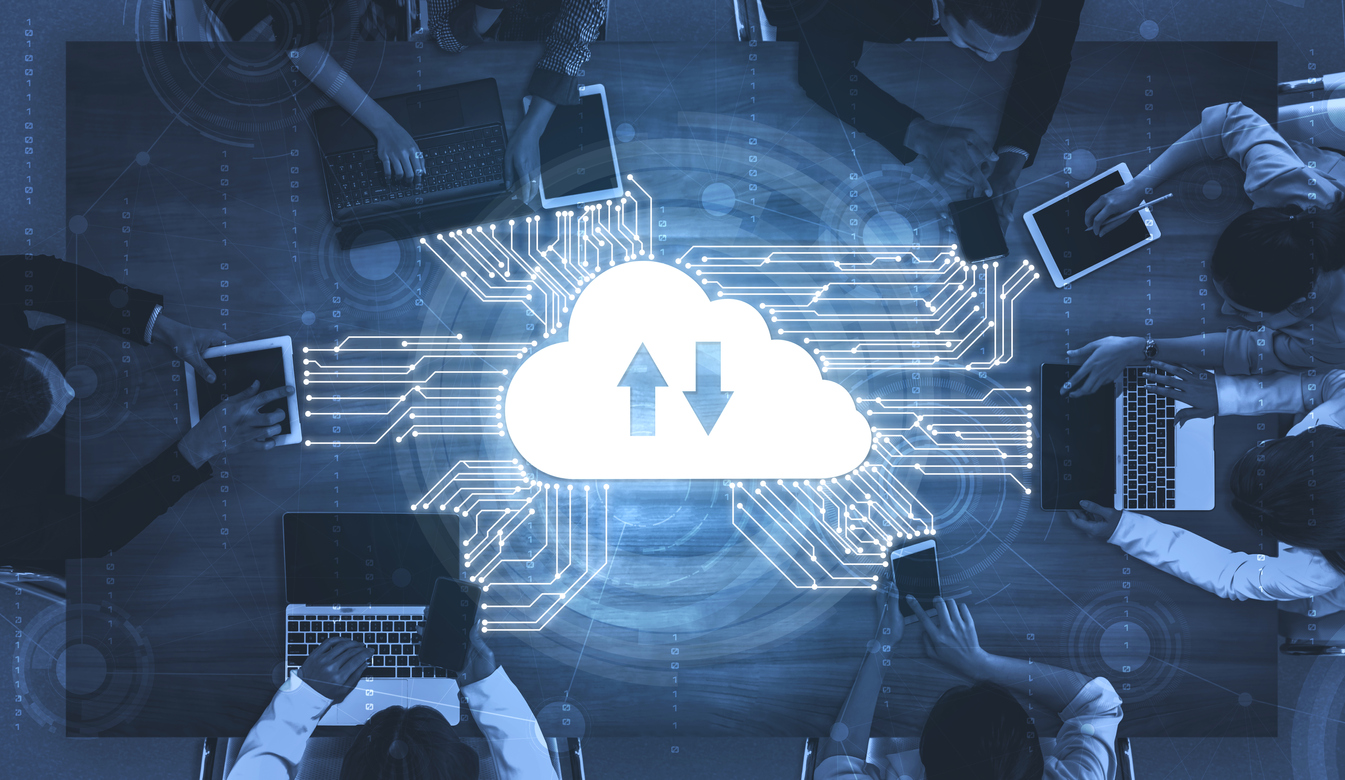In today’s digital age, data is the currency that fuels our economy. From personal information to business intelligence, data has become an integral part of our daily lives. With the increasing use of technology and the internet, the amount of data being generated is growing at an exponential rate. As a result, data sharing has become a crucial aspect of our society, allowing us to access and utilize vast amounts of information for various purposes. In this article, we will explore the importance and impact of data sharing and how it affects our lives.
Understanding Data Sharing
Data sharing refers to the sharing of digital information between individuals, organizations, or systems. It involves the voluntary release of data by one party to another for the purpose of collaboration, analysis, or other uses. Data can be shared in various forms, such as documents, images, videos, audio recordings, and more. With the advancement of technology, data sharing has become more accessible and faster than ever before. The rise of social media platforms, cloud storage services, and file-sharing applications have made it easier for people to share data with anyone around the world.

Data sharing involves the exchange of digital information among individuals, organizations, or systems
Types of Data Sharing
There are three main types of data sharing:
- Personal Data Sharing: This involves sharing personal information such as name, address, contact details, and more. Personal data sharing is often done for communication or networking purposes.
- Organizational Data Sharing: Companies and businesses share data among their departments or with other organizations for collaboration and decision-making purposes. This type of data sharing is vital for the efficient functioning of a company.
- Open Data Sharing: This type of data sharing involves making data available to the public for free. Government agencies, research institutes, and non-profit organizations often engage in open data sharing to promote transparency and innovation.
Advantages of Data Sharing
Data sharing has numerous benefits, both for individuals and organizations. Some of the key advantages of data sharing include:

Sharing data offers many advantages, benefiting both individuals and organizations alike
Improved Collaboration and Decision-Making
Data sharing allows different individuals or departments to access and analyze the same information, leading to better collaboration and decision-making. For instance, in a business setting, different teams can share data about sales, customer behavior, and market trends to make more informed decisions.
Increased Efficiency and Productivity
In today’s fast-paced world, time is of the essence. Data sharing helps save time and increases efficiency by eliminating the need to gather and process the same data repeatedly. With data sharing, information can be accessed and utilized instantly, resulting in increased productivity.
Better Customer Service
Data sharing enables businesses to have a more comprehensive understanding of their customers’ needs and preferences. By sharing data across departments, companies can track customer behavior, identify patterns, and provide personalized services, resulting in improved customer satisfaction.
Enhanced Innovation and Research
Open data sharing has been instrumental in promoting innovation and research in various fields. By making data available to the public, organizations foster an environment of collaboration and creativity, leading to new ideas and advancements.
Cost Savings
Data sharing can also result in cost savings for organizations. By sharing resources and information, companies can avoid duplicating efforts and streamline their processes, ultimately reducing costs.
Challenges of Data Sharing
While data sharing has numerous benefits, it also comes with its challenges. Some of the significant obstacles to data sharing include:

Despite its many benefits, data sharing also presents challenges that need to be addressed
Data Privacy and Security Concerns
One of the biggest concerns regarding data sharing is the privacy and security of personal information. Companies are responsible for protecting the data they collect from customers. Data breaches and unauthorized access can lead to severe consequences, such as identity theft and financial loss.
Lack of Standardization
Data can be shared in various formats, making it challenging to combine and analyze data from different sources. Without a standardized format, data sharing can result in confusion and errors.
Legal and Ethical Issues
Data sharing also raises legal and ethical concerns, especially when it comes to personal data. Companies must comply with data privacy laws and regulations to avoid legal consequences.
The Impact of Data Sharing on Different Industries
The widespread use of data sharing has had a significant impact on various industries. Let’s take a look at some of the key areas where data sharing has made a difference:
Healthcare
In the healthcare industry, data sharing has revolutionized patient care. With electronic medical records, healthcare providers can access a patient’s medical history, test results, and other vital information, leading to better diagnosis and treatment. Data sharing has also enabled remote patient monitoring, telemedicine, and other innovative solutions that have improved healthcare accessibility and quality.
Education
Data sharing has transformed the way we learn and access information. With online learning platforms and digital libraries, students and researchers can share and access academic resources from anywhere in the world. Moreover, data sharing has made it easier for educators to track student progress and tailor their teaching methods accordingly.
Finance
The finance industry heavily relies on data sharing for decision-making and risk management. By analyzing market trends, consumer behavior, and financial data, companies can make informed investment decisions and manage risks effectively. Data sharing has also made online banking and e-commerce possible, resulting in increased convenience and efficiency for consumers.
Transportation
Data sharing plays a crucial role in the transportation industry. With the help of real-time data and GPS technology, ride-sharing companies can optimize routes, reduce traffic congestion, and improve customer satisfaction. In the aviation sector, data sharing is critical for flight safety and schedule optimization.
Agriculture
Data sharing is transforming the way farming is done. By analyzing data on weather patterns, soil conditions, and crop yield, farmers can make more informed decisions regarding planting and harvesting. Moreover, data sharing has led to the development of precision agriculture technologies that have increased productivity and reduced waste in the industry.
The Future of Data Sharing
The future of data sharing looks promising, with advancements in technology and increasing demand for data-driven decision-making. Here are some of the ways data sharing is expected to evolve:
Artificial Intelligence
Artificial intelligence (AI) is expected to play a significant role in data sharing and analysis. AI-powered systems can process vast amounts of data quickly and accurately, leading to better insights and predictions.
Blockchain Technology
Blockchain technology, which is essentially a decentralized digital ledger, is gaining popularity in data sharing. By providing secure and tamper-proof data storage, blockchain can address some of the security concerns associated with data sharing.
Expansion of Open Data Sharing
As governments and organizations continue to recognize the benefits of open data sharing, we can expect to see an increase in the amount of information available to the public. This could lead to more innovation and collaboration across various industries.
Best Practices for Data Sharing
To ensure the smooth and secure sharing of data, here are some best practices that individuals and organizations should follow:
Understand Data Privacy Laws
Organizations must comply with data privacy laws and regulations to avoid legal consequences. It is essential to understand the laws governing your region or industry before engaging in data sharing.
Implement Security Measures
Companies should implement robust security measures to protect sensitive data from unauthorized access. This includes using firewalls, encryption, and access controls.
Use Standardized Formats
To avoid confusion and errors, it is crucial to use standardized formats when sharing data. This will ensure that data can be combined and analyzed easily.
Establish Data Sharing Agreements
Before sharing data with another party, it is vital to have a data sharing agreement in place. This will outline the terms and conditions of sharing, including data ownership, usage rights, and confidentiality.
Practice Data Anonymization
To protect personal data, organizations can anonymize or de-identify data before sharing it. This involves removing any identifying information from the data to maintain privacy while still allowing for analysis and collaboration.
Conclusion
In today’s data-driven world, data sharing has become an essential aspect of our society. It has numerous benefits, including improved collaboration, increased efficiency, and cost savings. However, data sharing also comes with its challenges, such as data privacy concerns and lack of standardization. As technology continues to advance, we can expect data sharing to evolve and play a more significant role in various industries. With the right practices and regulations in place, we can harness the power of data sharing for the betterment of society.


